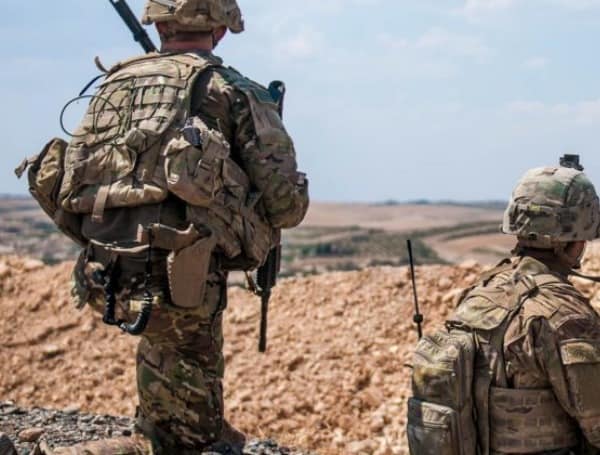Legal disputes concerning soldiers come with their own set of intricacies and difficulties. These legal conflicts commonly known as military court cases, operate under regulations and processes that set them apart from regular courts.
If you’re a military personnel seeking to understand these types of proceedings more or just a simple civilian with curiosity as high as Mt. Everest, then this blog post is for you.
Overview of Military Court System
The military justice system is divided into three main types of court-martial, which are:
- Summary Court-Martial: this is designed to tackle on minor offenses by active military personnel. A single officer presides the hearing and while the accused don’t have the right for counsel, the accused can hire an attorney to represent him.
- Special Court-Martial: this is an intermediate level that is composed of a military judge with or without three members. A service member who is enlisted can request that one third of the court members also be enlisted.
- General Court-Martial: this is the highest military trial court. This court handles cases involving service members accused of serious offenses. The court martials power to impose punishment is constrained by the allowable penalties specified for each violation, in the Manual, for Courts Martial.
These courts function according to the Uniform Code of Military Justice (UCMJ) which outlines the rules that military personnel must follow.
Types of Court Cases Involving Military Personnel
Military personnel can face a variety of issues from minor infractions to major crimes. Minor offenses are typically handled swiftly in summary court cases. Serious offenses fall under court-martial proceedings, which come with certain restrictions on the penalties that can be imposed. The severe cases are heard in court-martial trials where individuals may face harsh consequences such as imprisonment or dishonorable discharge.
Legal Rights of Military Personnel
Although military members share rights with civilians there are notable distinctions. For instance service members are entitled to representation which may be provided by an attorney instead of a civilian lawyer. Moreover the military judicial system encompasses processes like judicial discipline that differ from those in civilian legal proceedings.
Challenges and Complexities
Balancing discipline and order while respecting the rights of the accused poses a challenge in military court cases. Military leaders hold power to maintain discipline often causing clashes with standards. Furthermore the distinctive aspects of service like deployments and combat experiences can complicate processes for service members. In some situations individuals undergoing court proceedings for cases related to overcoming security clearance denial may opt for guidance from a security clearance attorney to handle the intricacies of military law and safeguard their rights.
Landmark Court Cases
Numerous significant legal battles have influenced the realm of justice. For instance United States v. Reynolds set the groundwork for the state secrets privilege in military court proceedings. Additionally United States v. Stanley delved into the government’s accountability for harm inflicted by members. These legal precedents have had effects on regulations and procedures.
Conclusion
In summary legal matters concerning members can be intricate and demanding necessitating a grasp of military regulations and protocols. By grasping the characteristics of military court proceedings we can gain an understanding of the sacrifices and difficulties encountered by those serving in their quest for fairness.
Help support the Tampa Free Press by making any small donation by clicking here.
Android Users, Click To Download The Tampa Free Press App And Never Miss A Story. Follow Us On Facebook and Twitter. Sign up for our free newsletter.
